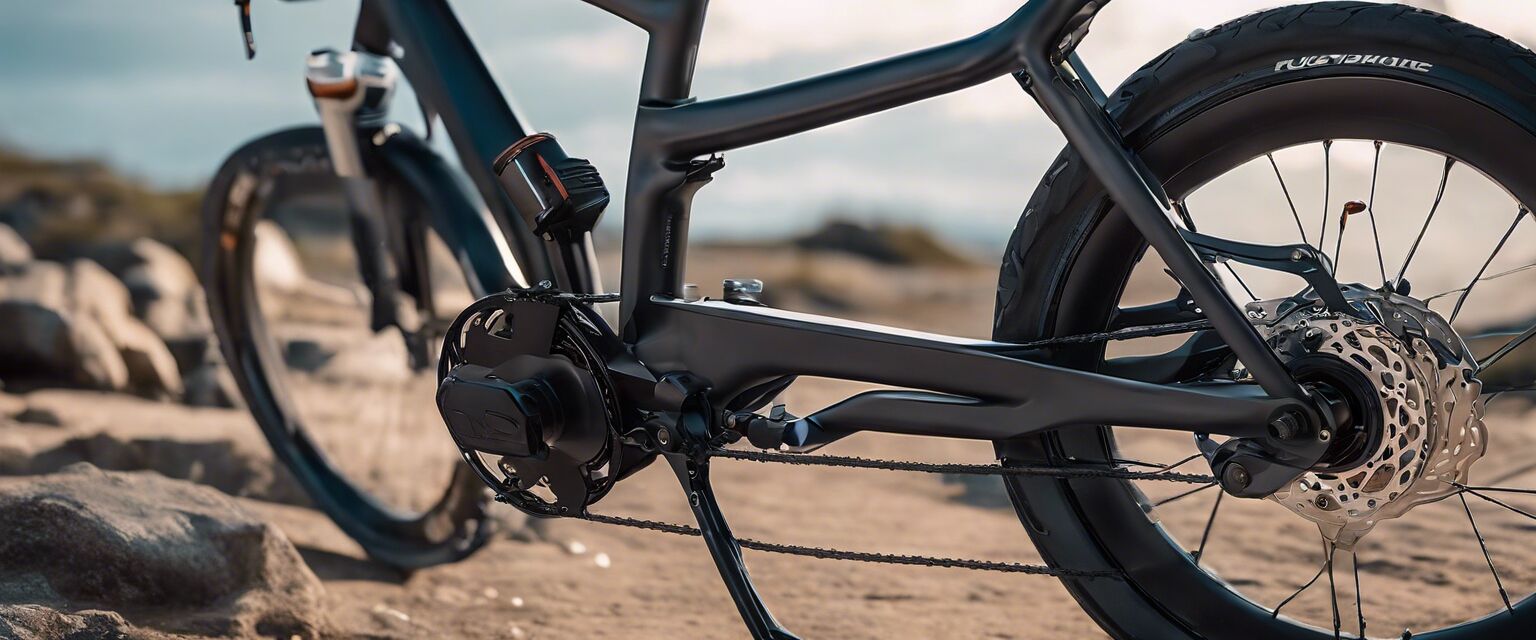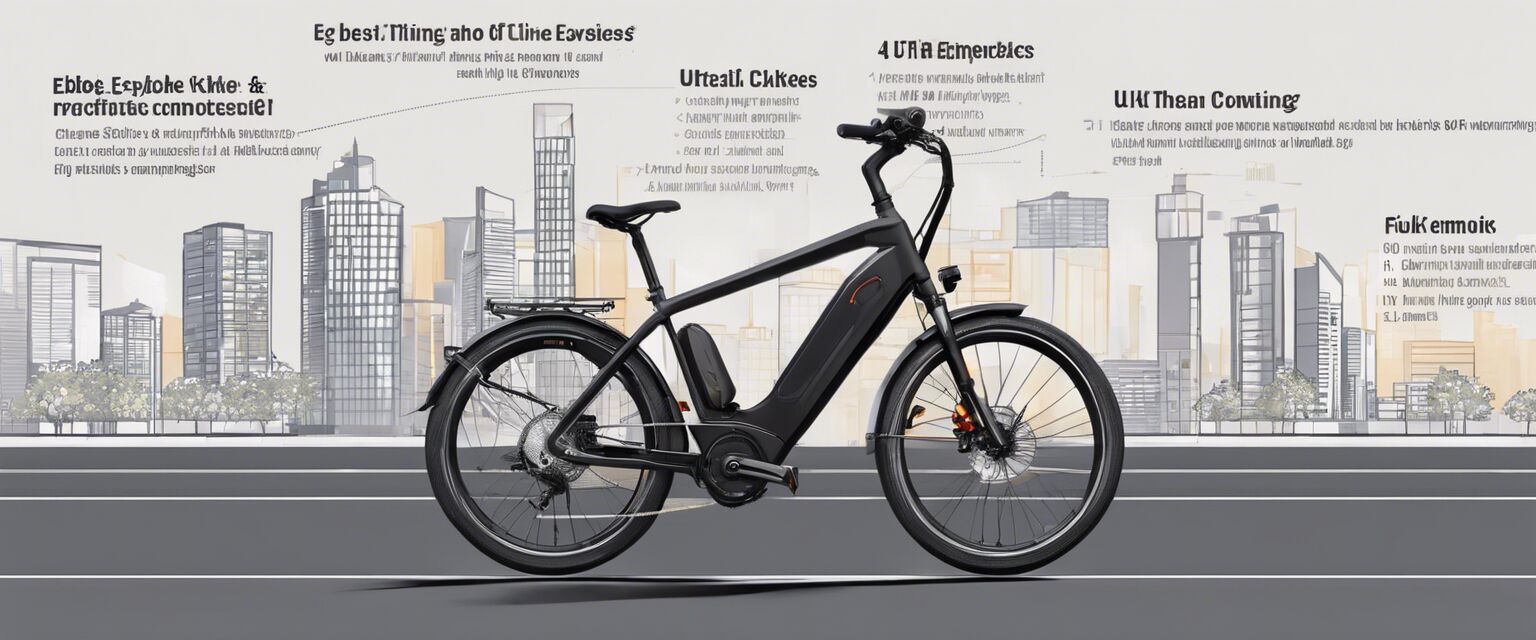
eBike Cost Efficiency
- Understanding eBike cost efficiency is essential for urban commuters.
- Key factors include initial cost, maintenance, and battery life.
- Choosing the right eBike can save you money in the long run.
- Cost-efficient eBikes offer great performance without breaking the bank.
In today's fast-paced world, urban commuting has become a challenge for many. The rise of eBikes offers a fantastic solution for navigating city streets while saving on costs. This guide will explore the most cost-efficient eBikes for urban commuting, focusing on what makes them a smart choice for everyday use.
What is cost efficiency in eBikes?
Cost efficiency refers to the balance between the expenses associated with owning and operating an eBike compared to the benefits it provides. For urban commuters, this can include factors such as:
- Initial purchase price
- Maintenance costs
- Battery life and replacement costs
- Insurance and registration fees
- Fuel savings compared to traditional vehicles
Key factors affecting eBike cost efficiency
1. Initial purchase price
The initial price of an eBike is often the first consideration for buyers. Hereâs a breakdown of what to expect:
| Type of eBike | Price Range |
|---|---|
| Compact eBikes | £600 - £1,200 |
| Cost-Effective eBikes | £400 - £800 |
| Eco-Friendly eBikes | £700 - £1,500 |
| High-Performance eBikes | £1,500 - £3,000 |
| Long-Range eBikes | £800 - £2,000 |
| Smart Technology eBikes | £1,000 - £3,500 |
2. Maintenance costs
Regular maintenance is crucial for keeping your eBike in top condition. The average annual maintenance costs can range from:
- £50 - £100 for basic checks and adjustments
- £100 - £300 for more extensive repairs or battery replacements
3. Battery life and replacement
Battery life is another essential factor. Most eBike batteries last between 3 to 5 years, but replacement can be costly, averaging between £300 to £600. Consider eBikes with:
- Longer battery warranties
- Higher capacity batteries for extended range
Comparing cost-efficient eBikes
To help you make an informed decision, we've compiled a comparison of popular cost-efficient eBikes available for urban commuting:
| eBike Model | Price | Range (miles) | Battery Warranty |
|---|---|---|---|
| Compact Cruiser | £750 | 40 | 2 years |
| Eco Rider | £950 | 50 | 3 years |
| Smart Commuter | £1,200 | 60 | 5 years |
| Performance Pro | £1,800 | 70 | 3 years |
Benefits of cost-efficient eBikes
Investing in a cost-efficient eBike comes with numerous advantages, including:
- Lower transportation costs compared to cars
- Reduced environmental impact
- Improved health and fitness
- Flexibility to navigate through traffic
How to choose the right eBike
When selecting an eBike, consider the following factors:
- Assess your commuting needs: Determine how far you travel daily and the type of terrain.
- Set a budget: Factor in initial costs, maintenance, and potential battery replacements.
- Test ride: Always take a test ride to ensure comfort and fit.
- Research brands: Look for reputable brands that offer good customer service and warranties.
Where to buy cost-efficient eBikes
There are several options for purchasing eBikes, including:
- Local bike shops
- Online retailers
- Specialty eBike stores
Conclusion
Choosing an eBike for urban commuting can significantly impact your cost efficiency. By considering factors such as initial price, maintenance, and battery life, you can find an eBike that fits your budget while meeting your commuting needs. Don't forget to explore our other sections on Compact eBikes, Cost-Effective eBikes, and Eco-Friendly eBikes for more options. Happy commuting!
Tips for Beginners
- Start with a budget and stick to it.
- Consider a used eBike to save money.
- Join local cycling groups for tips and community support.
- Learn basic maintenance to save on repair costs.
Pros
- Cost-effective transportation option
- Eco-friendly commuting alternative
- Improved health benefits
- Time-saving over traditional commuting methods
- Increased convenience in urban settings
Cons
- Initial investment can be high for some models
- Battery replacement can be costly
- Limited range compared to cars
- Requires regular maintenance











